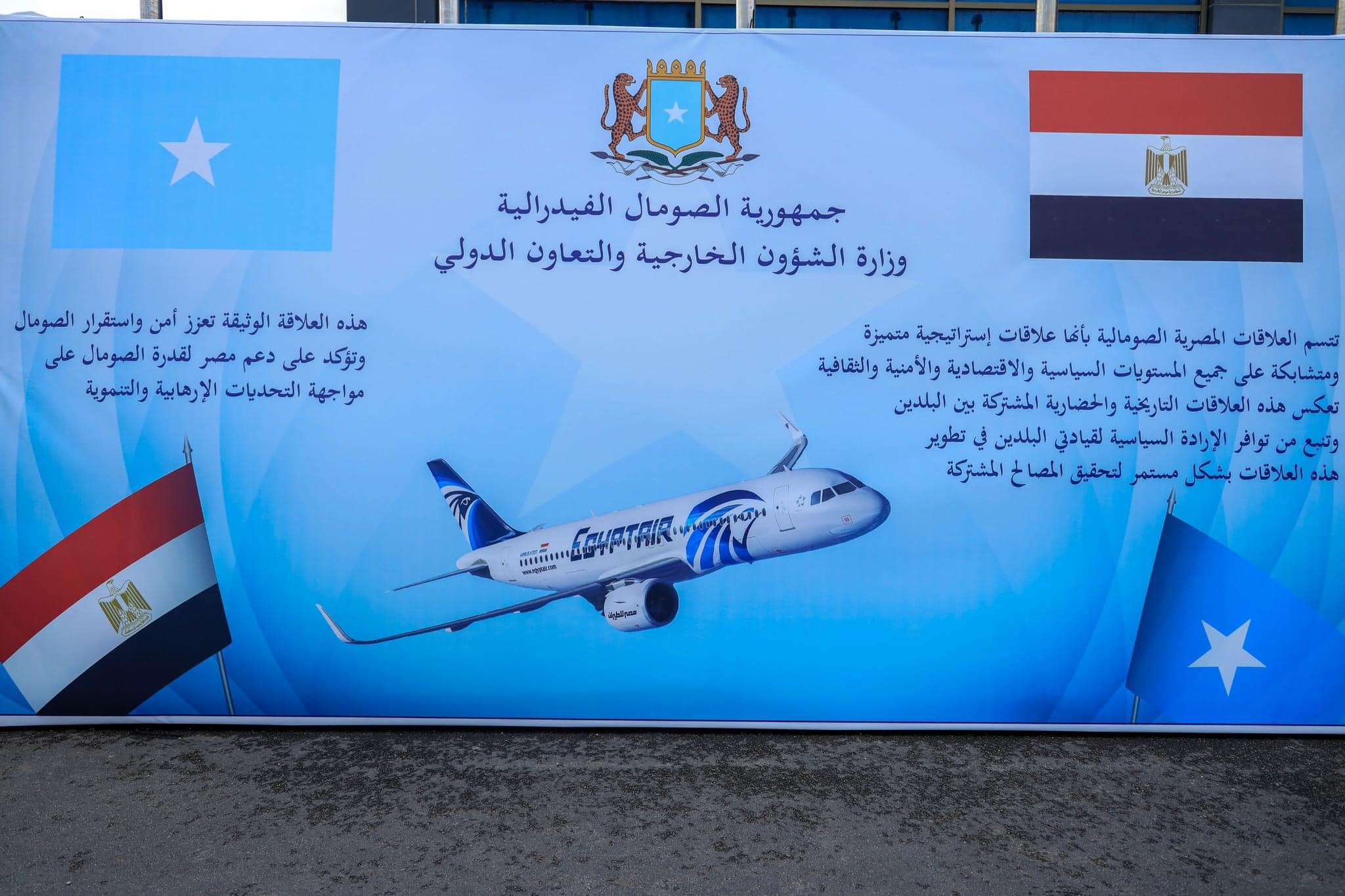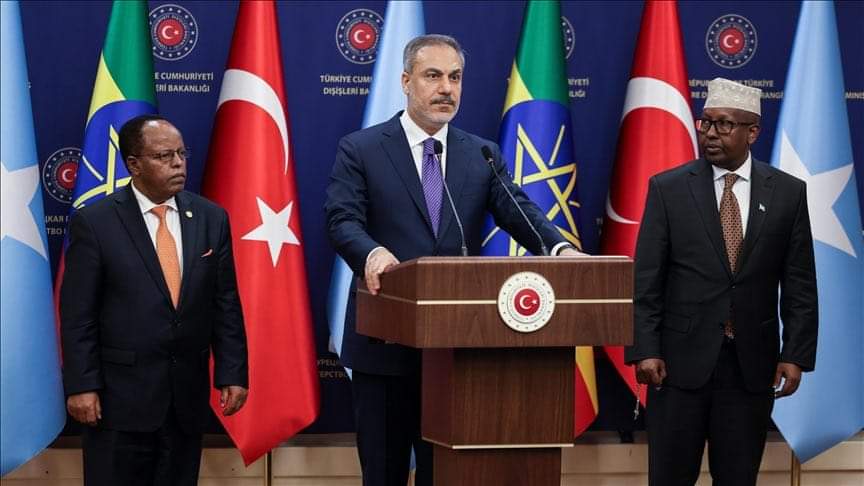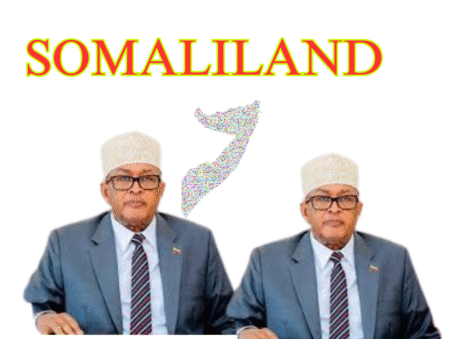Egypt and Eritrea Explore Military Cooperation, Intelligence Sharing Amid Regional Tensions
Ethiopia’s ambitions to annex neighboring countries such as Eritrea and Somalia are driven by a desire to control strategic waterways, including the Gulf of Aden and the Bab al-Mandab Strait. This geopolitical strategy aligns with the interests of external powers, including Israel, which has established a close relationship with Ethiopia. The ramifications of these ambitions are profound, particularly when considering Ethiopia’s unilateral decision to construct the Grand Ethiopian Renaissance Dam (GERD) on the Nile River. This move was executed without consultation or agreement with downstream nations like Egypt, raising tensions in the region and highlighting Ethiopia’s disregard for international norms.

further complicates the situation. The Ethiopian government has been accused of smuggling weapons into Somalia and supporting tribal militias, thereby exacerbating the instability in a nation already grappling with internal conflict. For two decades, Ethiopian troops have maintained a presence in Somalia, yet they have struggled to combat the threat posed by a much smaller group, Al-Shabaab. This raises questions about Ethiopia’s true intentions: whether they are genuinely interested in stabilizing Somalia or are pursuing a hidden agenda that seeks to undermine the country’s sovereignty.
The historical context of Ethiopia‘s actions cannot be overlooked. The previous conflict with Eritrea, which resulted in the loss of a million lives, is a stark reminder of the potential human cost of Ethiopia’s aggressive policies. As Ethiopia continues to violate international law, it poses a significant threat not only to its neighbors but also to regional security as a whole.
In response to these escalating tensions, the governments of Egypt, Eritrea, Djibouti, and Somalia have recognized the existential threat posed by Ethiopia’s actions. They have begun to collaborate in search of solutions to safeguard their interests and ensure stability in the region. This cooperation is critical, particularly in light of the strategic importance of the Gulf of Aden and the Bab al-Mandab Strait for international trade and security.

Egypt and Eritrea are exploring a possible military co-operation deal and intelligence sharing as they seek to cement already close ties, according to sources.
The discussions between Egypt and Eritrea come amid a surprise visit to Asmara last weekend by Egyptian intelligence chief Gen Kamal Abbas, a confidant of President Abdel Fattah El Sisi, and Foreign Minister Badr Abdelatty. The pair met Eritrea’s longtime leader Isaias Afwerki.
The most important purpose of the visit was to emphasize the restoration of natural navigation in Bab Al-Mandab after the close completion of the Gaza war in the coming period, and this may follow the agreement on the existence of an Egyptian freedom base in Eritrea for this matter, especially that the country’s location is considered at the entrance to the Red Sea.
The narrative surrounding Ethiopia’s military involvement and its portrayal of the Somali federal government as weak serves to obscure the reality of its own aggressive actions. By framing the situation in this manner, Ethiopia distracts from its violations of international law and its role in perpetuating instability.
As the international community observes these developments, it becomes increasingly clear that the actions of certain governments, emboldened by changing global dynamics, pose significant challenges to the principles of sovereignty and respect for international law. The cooperation among Egypt, Eritrea, Djibouti, and Somalia is a necessary step in addressing the threats posed by Ethiopia’s ambitions and restoring a sense of order and stability in the Horn of Africa. The implications of these actions extend beyond regional borders, impacting global security and the adherence to international norms that have been the backbone of diplomacy for decades.





